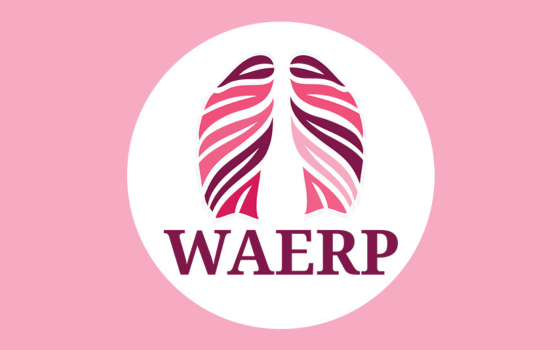Search
Showing results for "early lung health"
Research
Remote after-care using smartphones: A feasibility study of monitoring children's pain with automated SMS messagingMonitoring children's recovery postoperatively is important for routine care, research, and quality improvement. Although telephone follow-up is common, it is also time-consuming and intrusive for families. Using SMS messaging to communicate with families regarding their child's recovery has the potential to address these concerns. While a previous survey at our institution indicated that parents were willing to communicate with the hospital by SMS, data on response rates for SMS-based postoperative data collection is limited, particularly in pediatric populations.
Research
The seroprevalence of SARS-CoV-2-specific antibodies in children, Australia, November 2020 - March 2021Peter Britta Richmond Regli-von Ungern-Sternberg AM FAHMS MBBS MRCP(UK) FRACP MD, PhD, DEAA, FANZA Head, Vaccine Trials Group Chair of Paediatric

The vision of the Perioperative Medicine Team is to make discoveries that will improve children’s perioperative care and lead to global practice change.

News & Events
Funding boost for groundbreaking child health researchResearchers from The Kids Research Institute Australia will share in almost $4 million in grants to continue groundbreaking research to tackle childhood cancer, asthma, respiratory viral infections and more.

News & Events
Born with cystic fibrosis, now research is her life’s workWhen Ingrid Laing was born, the outlook for kids with cystic fibrosis was bleak. Her parents were told she might make it to 20 if she was lucky.

The Western Australian Epithelial Research Program (WAERP) biobank is undertaking a number of research projects intended to improve the understanding and preclinical assessment of therapeutics for respiratory conditions.

News & Events
Raine Foundation grants powering child health researchValuable support from the Raine Medical Research Foundation’s 2025 grant round will power four new research projects at The Kids Research Institute Australia.
Research
A Review of Cardiac Surgical Procedures and Their Outcomes for Paediatric Rheumatic Heart Disease in Western AustraliaSurgical intervention is an important treatment modality for advanced rheumatic heart disease (RHD). This study aimed to describe patient characteristics and outcomes from cardiac surgery for RHD in patients referred to the only tertiary paediatric hospital in Western Australia.
Research
Genetic and functional evidence for a role for SLC11A1 in susceptibility to otitis media in early childhood in a Western Australian populationOtitis media (OM) is a common disease in early childhood characterised by inflammation of the middle ear.

News & Events
Sun safe: balancing the risks and benefitsThe D-Light program, set up in 2014, aims to shed light on the amount of sun exposure that will promote good health in children and adolescents.
